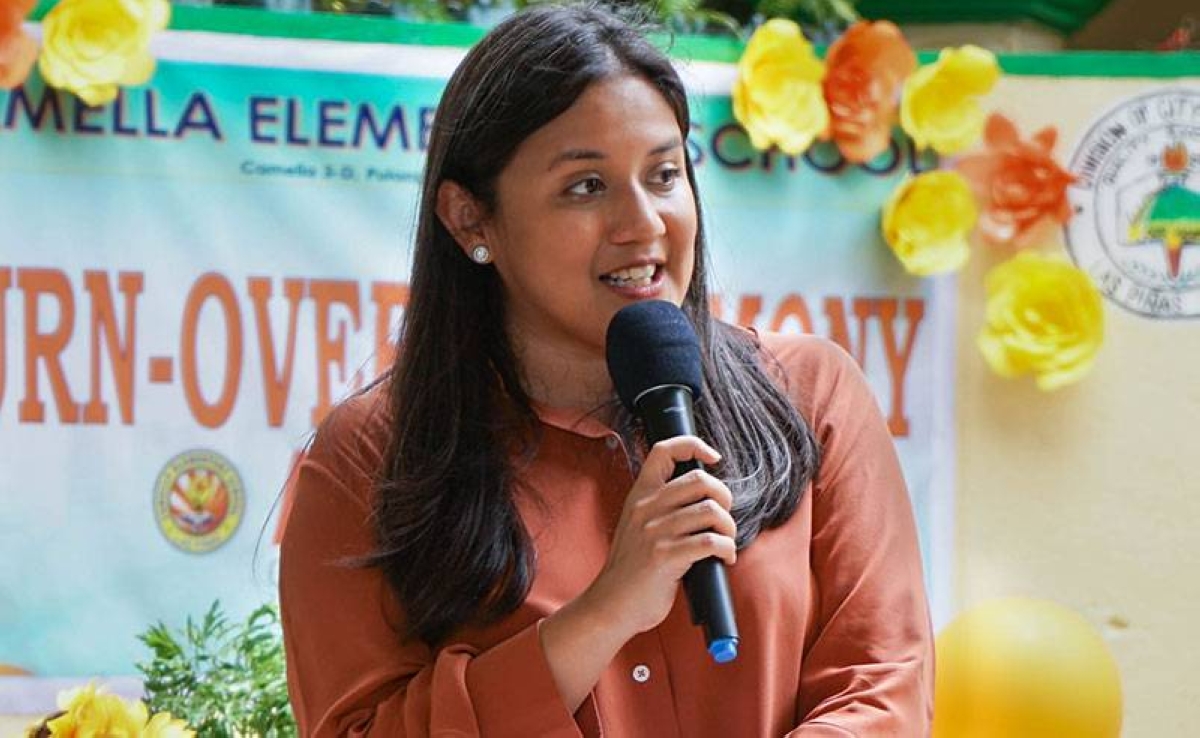In an effort to address the challenges faced by rural and marginalized communities in the Philippines, Las Piñas Representative Camille Villar has taken a significant step towards providing equitable access to educational resources. Her proposed legislation, House Bill 9581, aims to establish the “E-books for the Barangay Program” under the Department of Education (DepEd), which would ensure free access to digital learning resources for villages across the country.
The Philippine archipelago, with its scattered islands and diverse communities, presents unique challenges when it comes to providing educational resources to all its residents. Villar recognizes the limitations of physical library infrastructures, the scarcity of reading materials, and the lack of access to up-to-date digital learning tools in many areas. These factors exacerbate the existing educational disparities and hinder the academic progress of students.
Villar’s proposed legislation is a progressive initiative that seeks to bridge the digital divide, promote digital literacy, and improve access to quality educational resources for all Filipinos. By establishing the “E-books for the Barangay Program,” she aims to ensure that every village in the country has the necessary tools and resources to support the academic needs of its residents.
The program would provide free access to digital learning resources, such as e-books, online courses, and educational apps, through the Department of Education. This would enable students, regardless of their geographical location or economic background, to have access to a wide range of educational materials that can enhance their learning experience.
By leveraging digital technology, the “E-books for the Barangay Program” has the potential to revolutionize education in the Philippines. It would not only address the immediate challenges of limited physical library infrastructures and inadequate reading materials but also empower students with the skills and knowledge needed to thrive in the digital age.
Furthermore, this program aligns with global trends in education, where digital learning has become an essential component of modern education systems. By embracing digital literacy and providing access to digital learning resources, the Philippines can ensure that its students are equipped with the necessary skills to compete in the global economy.
Villar’s initiative is a testament to her commitment to the welfare and development of the Filipino people. By recognizing the importance of digital learning and taking concrete steps to address the digital divide, she is paving the way for a more inclusive and equitable education system.
It is worth noting that this initiative is not without its challenges. Implementing a nationwide program of this scale requires careful planning, allocation of resources, and collaboration among various stakeholders. Local laws, customs, and infrastructure limitations may also need to be taken into consideration to ensure the program’s effectiveness and relevance in different communities.
In conclusion, Rep. Camille Villar’s proposed legislation for the “E-books for the Barangay Program” is a significant step towards bridging the digital divide and promoting digital literacy in the Philippines. By providing free access to digital learning resources, this initiative has the potential to transform education and empower students in rural and marginalized communities. With the right implementation and support, this program can contribute to a more inclusive and equitable education system for all Filipinos.







